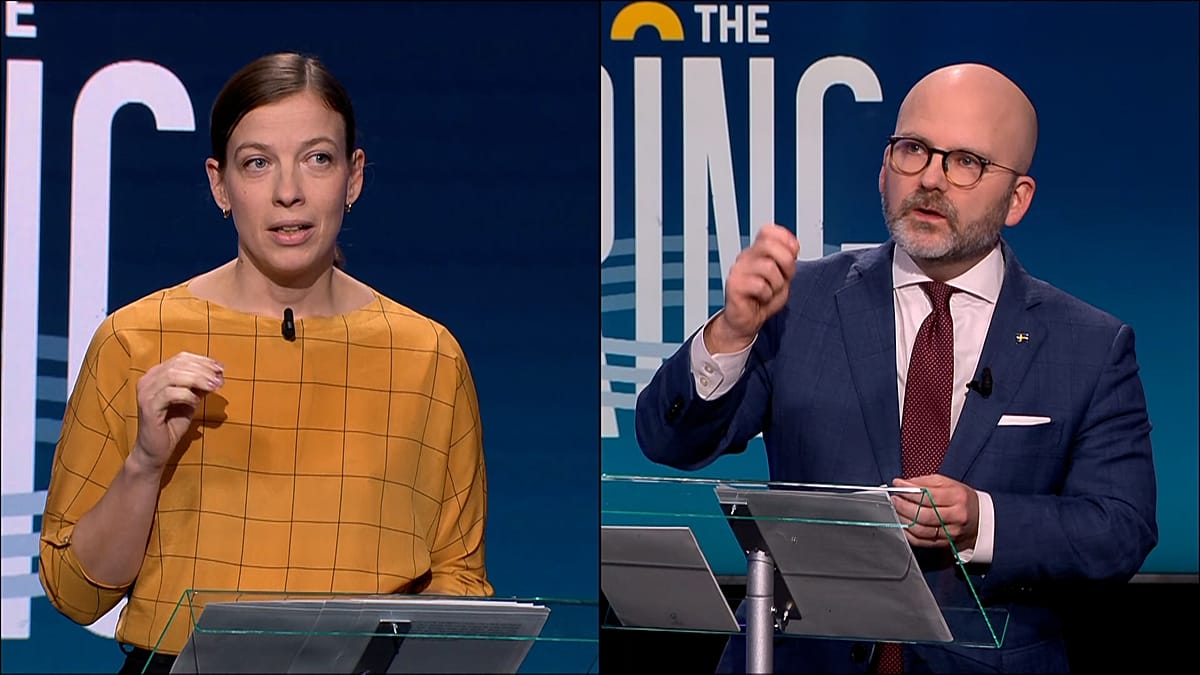
ACT and New Zealand First have both raised concerns about the government’s Gene Tech bill – despite supporting changes included in a select committee report.
All parties that raised concerns agreed New Zealand’s laws and regulations governing gene technology needed to be modernised, but disagreed over what the final bill should look like.
NZ First confirmed to RNZ that the party supported the changes present in the Select Committee report but it would not support the bill into law without further major changes.
“New Zealand has a pre-eminent position in markets as a ‘GE Free Nation’ and this should not be traded lightly,” the NZ First differing view stated.
“New Zealand First is not against a responsible, safe, and pragmatic pathway to genetic modification technology utilisation. But the bill as it stands is far too liberal, beyond our key trading partners, and lacks strong safeguards and protections. We will continue to work with and discuss our concerns with our coalition partners.”
ACT set out its opposition to the inclusion of a Māori Advisory Committee and the committee’s reliance on tikanga.
“Tikanga is not a fixed or universal concept; it varies between iwi and hapū and lacks consistent content or application, making it unsuitable as a legal standard. A sound regulatory regime must be based on clear and stable definitions rather than vague, subjective, and spiritual cultural concepts.”
The party said these concerns would not prevent it supporting the bill, but it would wait to see any further changes before commenting on whether it might support those.
Labour’s differing view raised concerns about limited consultation and a “lack of regulatory independence” and warning of the potential for political influence.
They complained particularly that while the bill was modelled off similar Australian legislation, it was missing a statement in that law which explicitly stated the need to protect people and nature.
In their lengthy differing view, the Greens said the bill seemed to be a “radical liberalisation and deregulation of GM technology in New Zealand and removal of appropriate protections for the environment including the right of food producers to be free from novel genetic contamination”.
Key concerns included a lack of strategies for protecting farmers from the spread of genetically modified organisms and the ability to claim being GMO free, the absence of economic impact analysis, limited consultation, a shift away from a precautionary approach, no consideration of ethics, and limited decision-making powers for the Māori advisory committee.
Despite not submitting a differing view, Te Pāti Māori told RNZ it also remained opposed to the bill.
“Being the smallest party in Parliament we have to prioritise which bills we fully commit our limited resources to. We do not submit differing views for every bill but do fully participate in the Select Committee hearings. For the Gene Tech Bill we will be pushing for amendments during the Committee of the Whole House stage.”
Some of the bigger changes proposed by the committee, and supported by all parties, included:
- Having the Regulator be an Environmental Protection Authority employee, appointed by the Minister on the EPA’s recommendation following a recruitment process
- Making the Regulator accountable to the EPA rather than the minister, for independence
- Clarifying organisms that will not be regulated, and enabling regulations to declare whether things were considered organisms or not; whether they were regulated or not; and whether specific technologies were or were not “gene technologies”
- Specifying the regulator would be appointed for up to five years, with an option to be reappointed
- Adding specified grounds for removal of the regulator and the ability to appoint an acting regulator
- Setting parameters for the minister’s ability to direct the regulator, and specifying that the minister could not intervene in individual decisions by the regulator
- Adding a requirement for annual reporting, in line with Australia’s similar law
- Adding a requirement for the minister to review how well the law is working, starting within four years of it taking effect
- Requiring the minister to consult the regulator, people affected by proposed regulations, and the wider public – rather than just one of these groups
- Expanding the definition of kaitiaki relationships
- Requiring the Māori advisory committee to advise the regulator on applications for using GMO tech on “non-indigneous species of significance” as well as indigenous species
- Providing a definition of “non-indigneous species of significance” and allowing the minister to add species to this list
- Aligning the appointment criteria and membership requirements for the Māori advisory committee with the Māori Plant Varieties Committee from the Plant Variety Rights Act 2022
- Giving inspectors powers to require a statutory declaration from people importing regulated GMOs, and having further powers to gather personal information, and other powers.
rnz.co.nz














